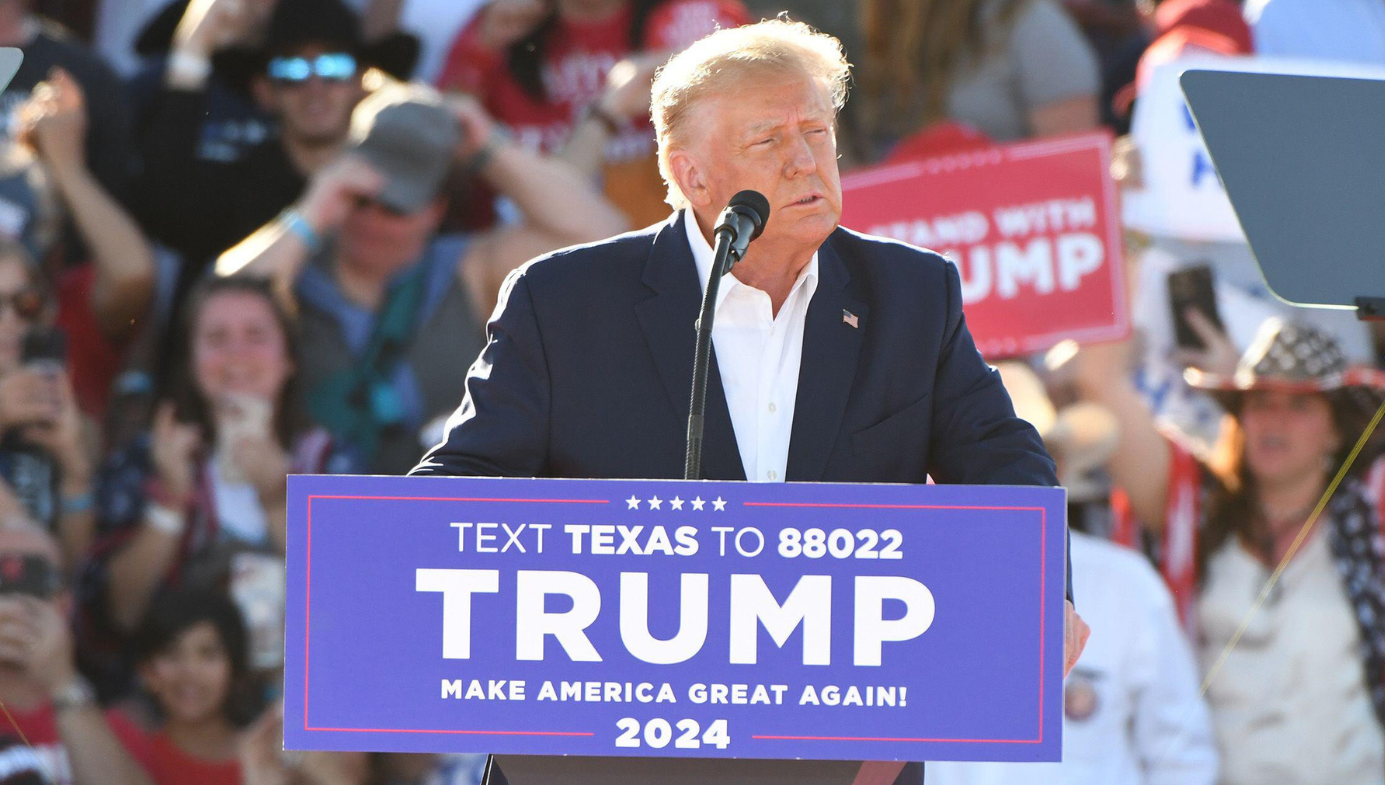Politics
Why Is the GOP Sticking with Trump?
A primer for foreign observers and the otherwise perplexed.

For many months now, it has been clear to most politically attentive Americans that former-President Donald Trump will again be the Republican presidential nominee for the coming November 5 election. Although Trump is awash with scandal and prone to increasingly bizarre behavior, the Republican primaries of the past several weeks have been even more vacuous forms of political theatre than they otherwise would have been.
Some have been a bit slow to grasp their foregone conclusion: Senator Mitt Romney managed to catch the tailwind of the zeitgeist just after last month’s Iowa caucuses when he remarked: “I think a lot of people in this country are out of touch with reality and will accept anything Donald Trump tells them. You had a jury that said Donald Trump raped a woman, and that doesn’t seem to be moving the needle. There’re a lot of things about today’s electorate that I have a hard time understanding.” Do tell.
If a Republican senator is still struggling to wrap his mind around reality in what used to be the party he himself once led, how much harder must it be for many folks six, 12, and 16 times zones away from American shores. Hence this brief primer to offer some guidance.
- Trump Is an Ex-President
Donald Trump was elected president fair and square in November 2016, and that conveys a very high status in American politics. Only two members of the federal government are elected on a nationwide basis: the president and the vice-president, and the vice-president doesn’t much count as long as the president is healthy. Having been president, Trump was able to use his office to confer status and benefits on others, those who worked for him and others besides. They all owe Trump, and he collects the debts in the form of political loyalty. That has enabled him to control most state party organizations. That matters.
The fact that Trump is an ex-president also makes the coming election unusual in American history: only twice before has an ex-president challenged an incumbent president running for re-election, once in 1892 and once in 1912—a long time ago, in other words. No one really knows how this factor will affect the outcome, assuming Trump wins the GOP nomination. The reason is that the advantages of incumbency are not what they once were. Indeed, the cost of ruling in times when electorates—and not just in the United States—are critical of the status quo can be very high. There is a lot of anti-establishment perfumery in the air. (Why that is invites other questions, but this isn’t the place to detail them.)
- Trump Has More Money Than the Other Candidates
Legal fees have lately bitten deeply into his coffers, but his lawyers are not particularly well paid given their lowly professional status, and Trump has often used his legal problems successfully as a fund-raising tack. The key here is that his status as an ex-president makes him a national figure unlike any of his competitors, and the big money (the little money, too) tends to gravitate to candidates with the highest status and greatest likelihood of winning the nomination. It works like a corporate insurance policy in what has regrettably become a plutocracised pay-to-play political system.
In the case of Trump, too, given his legendary capacity to hold a grudge, any former donors who abandon him for a competitor will stir his wrath, and if he wins, he will direct his power to their disadvantage. Since the money flow in American politics more or less resembles a pay-to-play system, big donor policy interests would be at manifest risk should they abandon Trump. There have been exceptions, but not many.





